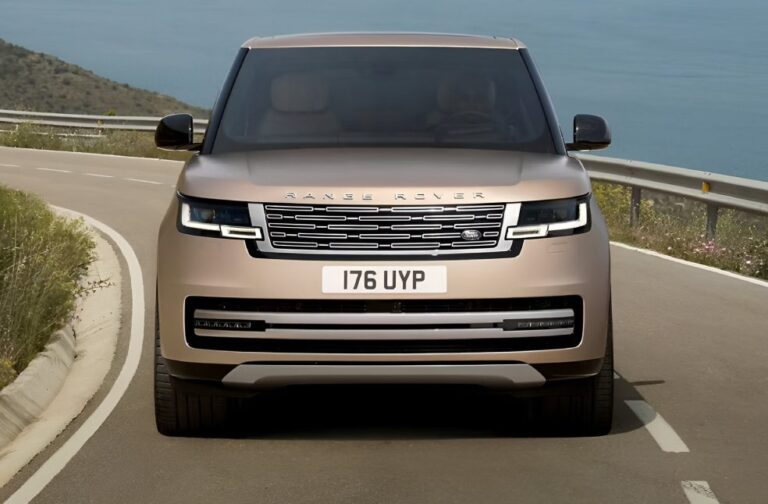United Kingdom: UK-based carmaker Jaguar Land Rover (JLR) has confirmed it has no intention of setting up manufacturing operations in the United States, with ongoing disruption caused by President Donald Trump’s tariff policies.
JLR, which does not operate any production facilities in the US, had previously paused shipments to the country in April following Trump’s initial round of tariff announcements. Exports resumed earlier this month, but uncertainty continues to loom over the firm’s US strategy.
This week, Jaguar joined a growing number of major companies opting not to issue profit forecasts, citing economic unpredictability driven by shifting US trade policies. The uncertainty follows Trump’s self-declared Liberation Day in April, when he imposed 10 percent tariffs on all UK exports to the US, with even stricter levies introduced on steel, aluminium, and automobiles.
The US partially eased these restrictions, allowing some steel and aluminium to enter the country tariff-free and reducing levies on a limited number of British vehicles. However, the blanket 10 percent import duty still applies to most UK goods.

The automotive sector is feeling the pressure across the board. Luxury carmaker Mercedes-Benz and Chrysler-owner Stellantis have both withheld forecasts in response to the volatile trade environment. Ford, meanwhile, has projected that the tariffs will cost the company around $1.5 billion (£1.13 billion) this year.
Beyond the auto industry, leading global brands are also sounding the alarm. Tech giant Intel, footwear company Skechers, and consumer goods heavyweight Procter & Gamble have all either cut or withdrawn their profit forecasts, citing heightened economic risk.
Adidas recently warned that US tariffs are pushing up prices for popular trainers such as the Gazelle and Samba. Toymaker Mattel also announced price increases for some of its products, including the iconic Barbie range, as it contends with rising import costs.
As trade tensions escalate, the long-term impact of the US administration’s tariff strategy on global businesses remains uncertain.



